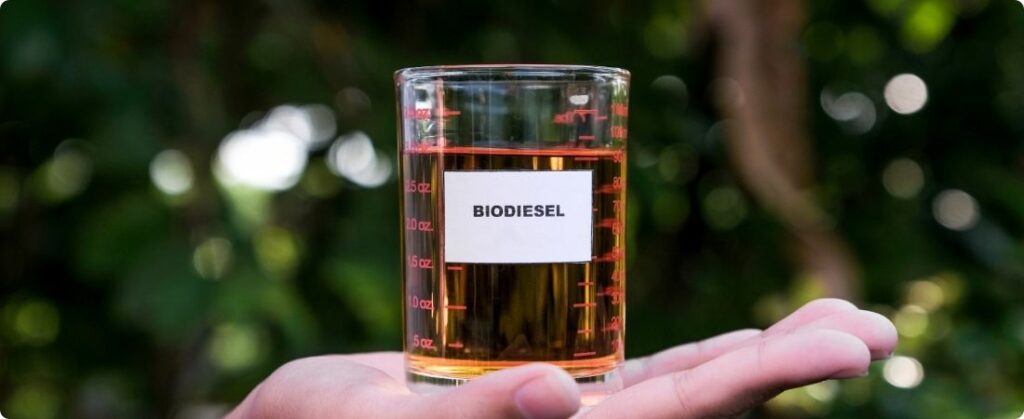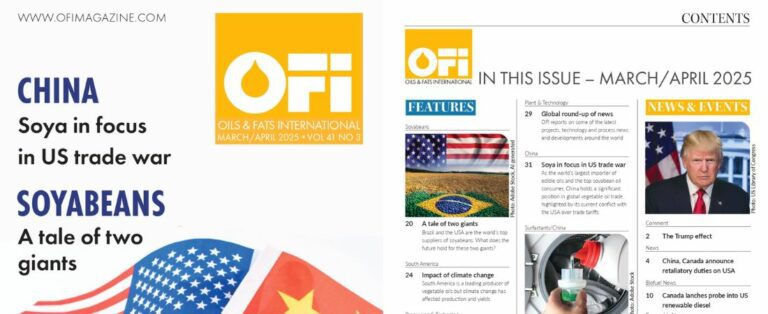
In June 2024, the federal government issued Provisional Measure (MP) No. 1,227, with the aim of offsetting the financial impacts of the payroll tax exemption for companies and municipalities. This MP imposed significant restrictions on the offset of PIS/Pasep and Cofins credits, limiting the use of these credits to deduct only the taxes themselves and not other taxes, as previously permitted. This change aimed to increase government revenue by around R$ 29.2 billion for balance public accounts after the extension of the payroll tax exemption until 2027.

Henrique Rodrigues, animal recycling specialist at Aboissa, explained that, since 2023, the government has been trying to cut tax incentives that biodiesel producers have always had. These incentives allowed producers to receive credit for PIS, Cofins and ICMS paid when purchasing inputs, reducing the impact of these taxes on their operating costs. However, with the MP, these credits were limited, directly impacting the competitiveness and profitability of biodiesel producers.
In the agribusiness sector, the measure caused significant concern. The end of presumed PIS and Cofins credits, which previously helped reduce production costs, should result in an increase in operating costs. For example, the soy, one of Brazil's main commodities, should suffer an increase in sales price due to producers' inability to offset credits as they did previously. This means that producers could have a direct reduction in income. Furthermore, suppliers of raw materials for biodiesel would see their prices reduced. All the effort made to achieve high prices would be undone, since biodiesel would no longer count on credits, but only on additional costs. Consequently, sellers of raw materials would tend to target other sectors that demand these inputs.
Impacts on exports

The MP would also affect agribusiness exports, as it prevents the use of PIS/Cofins credits that exporting companies naturally accumulate. This would burden exports, harming the competitiveness of Brazilian products on the international market. Alan Un Cho, financial analyst at Aboissa, commented that “By preventing the compensation or reimbursement of these tax credits, the MP increases the tax burden on companies, consequently increasing their production costs. Faced with this increase, the producer may choose to raise prices if they identify this possibility in the market, passing on the increased tax burden to end consumers, making their product less competitive on the international scene. Otherwise, the producer will need to reduce their expectations due to the decrease in profit margin.”
Positive point:
- Increased revenue: The government hopes to collect more taxes, which can be used in investments in environmental projects and other essential sectors.
Negative points:
- Impact on production costs: The elimination of credits increases costs for biodiesel producers and other agribusiness sectors. This reduces competitiveness in the domestic and international markets, as exemplified by China's recent decision to buy US soybeans in response to changes in PIS/Cofins rules.
- Risk to sustainability: The measure could reduce biodiesel production, contradicting government efforts to position Brazil as a reference in the green market.
Market reaction
The reaction from the production sector was quick and forceful. Entities such as the Brazilian Agriculture and Livestock Confederation (CNA) expressed strong opposition, arguing that the MP could cause great damage to the agricultural sector. The measure was temporarily suspended after political mobilizations and negotiations, but uncertainty remains.

Heitor Pereira, palm oil expert at Aboissa, noted that “during the days when the possibility of MP existed, oil deals were limited to momentary need, and most companies withdrew from purchases. We felt a very negative impact on oil negotiations. Then, with the cancellation (even if temporary) of the MP, negotiations resumed normally.”
In summary, the 2024 PIS and Cofins MP represents an attempt at tax reform with clear objectives of simplification and increased revenue. However, its effects on agribusiness raise significant concerns about the economic viability and environmental sustainability of producers. The continuity or modification of this MP will depend on future negotiations in the National Congress and the pressure exerted by different sectors of the economy. Currently, the MP is suspended, but the situation may still change depending on future legislative deliberations.
By Vanessa Ferreira















